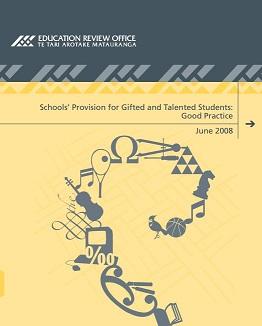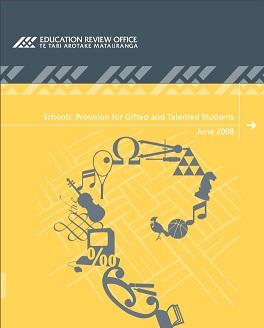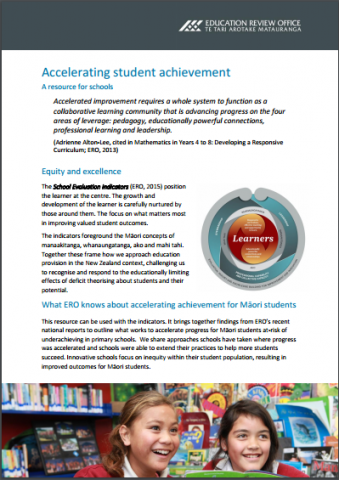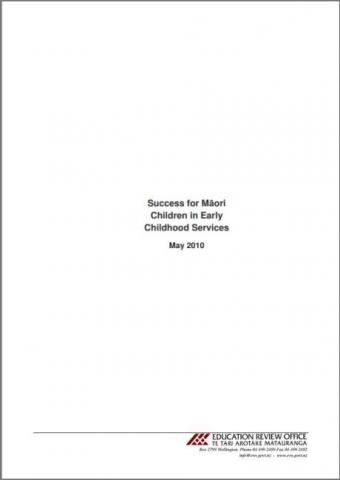Schools' Provision for Gifted and Talented Students: Good Practice
Published: 01 Jun 2008
In 2008 the Education Review Office evaluated schools’ provision for gifted and talented students.
School boards of trustees, through their principals and staff, are required to use good quality assessment information to identify students who have special needs (including gifted and talented), and to develop and implement teaching and learning strategies to meet the needs of these students.
A group of schools was particularly effective in providing for gifted and talented students and ERO has set out their good practice in this report.
- Audience:
- Parents
- Schools
- Content type:
- Research
- Topics:
- Gifted and Talented Education (GATE)
- National Administrative Guidelines (NAGs)




